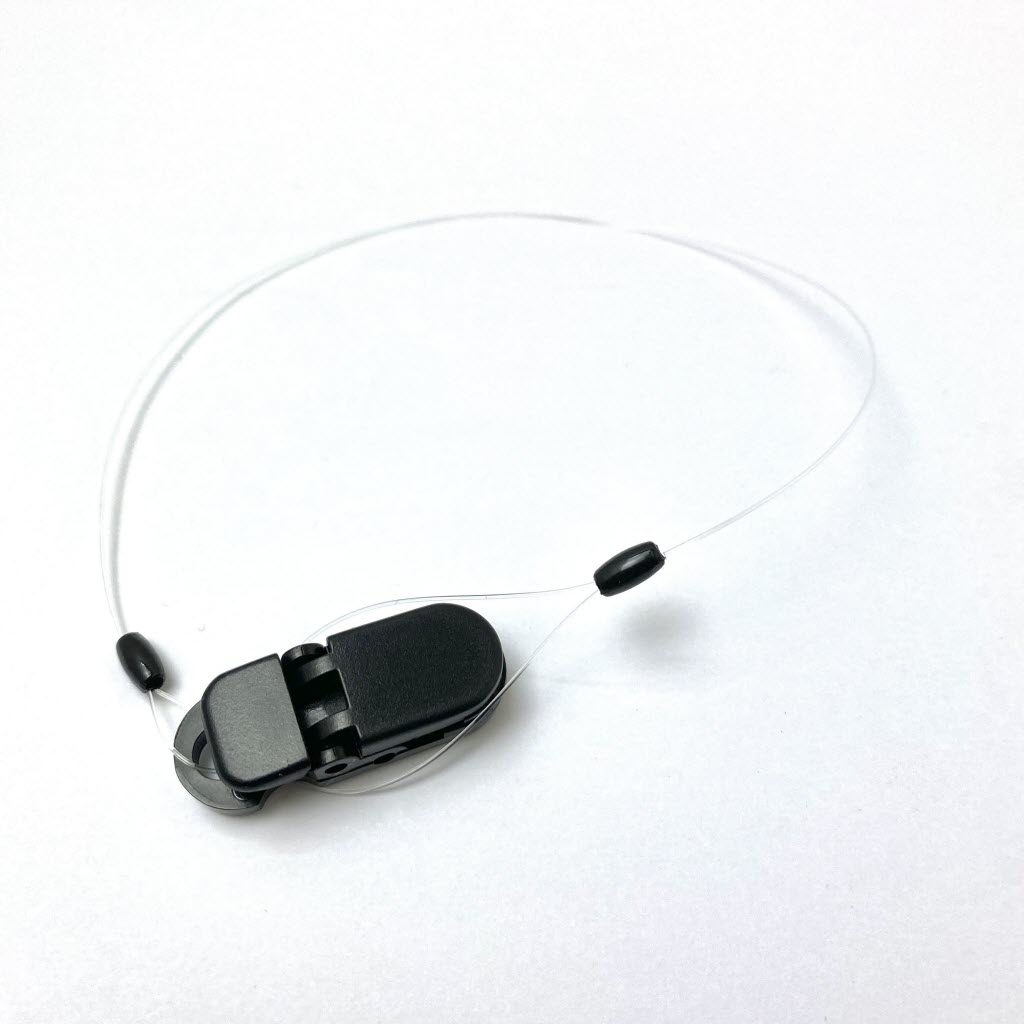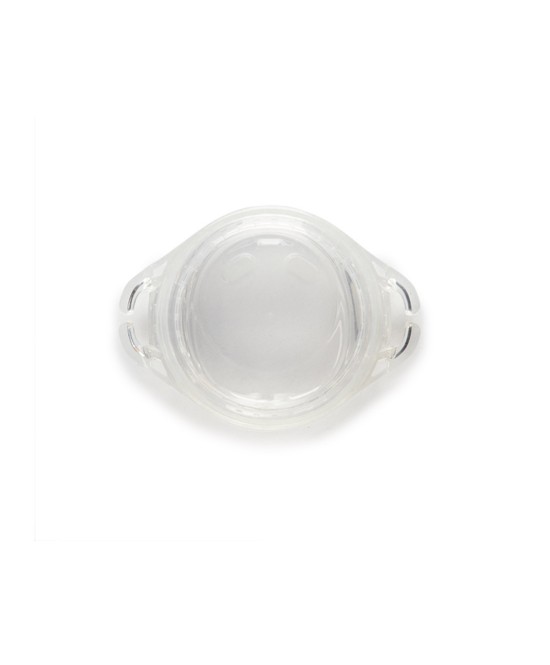

This is an important difference to keep in mind when comparing the reports. This differs from the European Consensus Statement Reliability Report in that it uses Cumulative Survival Percentage (CSP) which reports the percentage of functioning implants. This means that all implants removed are reported, even those removed due to infection while the internal device is still functioning properly.

In a perfect world, all patients would keep back up parts such as cables, batteries and coils ready to use when current equipment fails. As a two-processor center, most of my patients have a back-up processor ready to use when necessary, but for some patients, they only have one functioning processor. When a patient’s sound processor is functioning intermittently or ceases to function all together, it can completely derail their plans for the day. Reliability also affects the patient experience in daily life. Therefore, customer service, tech/software support and Audiology on Call is incredibly important and I consider them to be another layer of a company’s reliability. No implant company is immune to software and equipment malfunction.

That is why it is important to have resources at your disposal. Since beginning my career, I’ve learned that if something can go wrong, it likely will at some point. This could be anything from programming software, programming cables, wireless accessories, Bluetooth®, sound processors, coil/headpieces, batteries, etc. Even though the device failure is no fault of the clinician, it is still easy to feel as if you let your patient down.Ĭonsidering external equipment, I feel I can speak for most audiologists when I say that there is nothing more frustrating than sitting down with your patient to address their complaint and a piece of equipment is not functioning correctly. Therefore, when an internal device failure does occur, it is very discouraging for both the patient and the clinician. We want our patients to have confidence in their device. In terms of the implant, all audiologists want their patients to have reliable devices that will last a lifetime. Reliability has a significant impact on patient care. What impact does reliability have on you as a clinician with regard to patient care? It is important for them to know their options.

I always put myself in the patient’s shoes and try to give them access to all information I myself would want access to when making such a life altering decision. I feel it is important to be transparent when discussing reliability and longevity of the internal as well as external device. I do discuss long term reliability with patients. Do you discuss long term reliability when counseling patients? If so, why? I am always grateful for the opportunity to take part in their hearing journey. As a clinician, I feel I connect with these patients on a deeper level, because their cochlear implant journey is unique and personal. There is something very special about working with and interacting with cochlear implant patients. Working with patients who have severe to profound hearing loss is my passion. My love for cochlear implants really blossomed at that time. The University of Kentucky has quite an extensive cochlear implant program and it provided wonderful clinical experience. I completed my externship at the University of Kentucky Otolaryngology Clinic. I received my Doctorate degree from East Tennessee State University in 2019. I have been with Johnson Audiology in Chattanooga, Tennessee for just over two years. What’s your favorite part about being an audiologist?


 0 kommentar(er)
0 kommentar(er)
